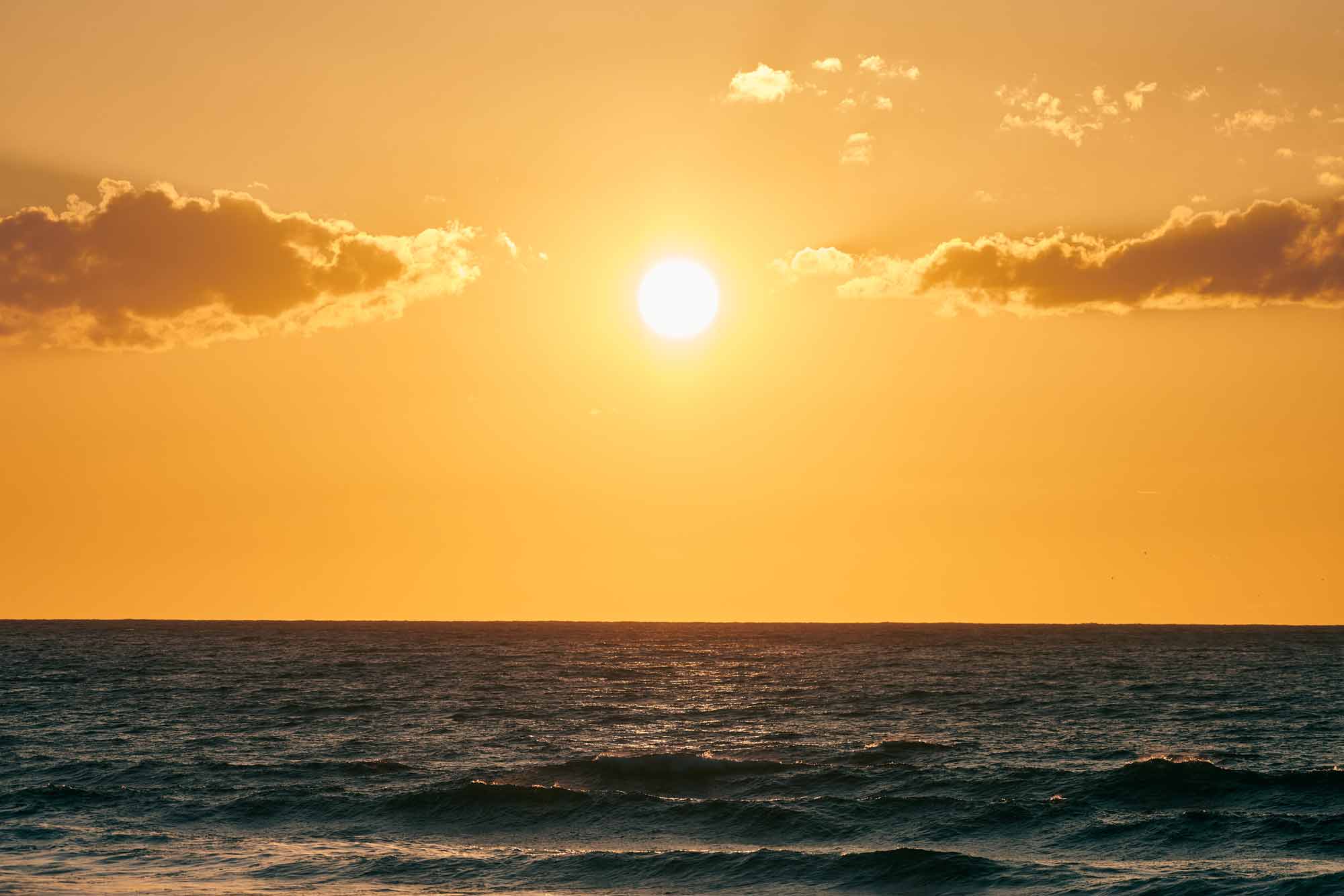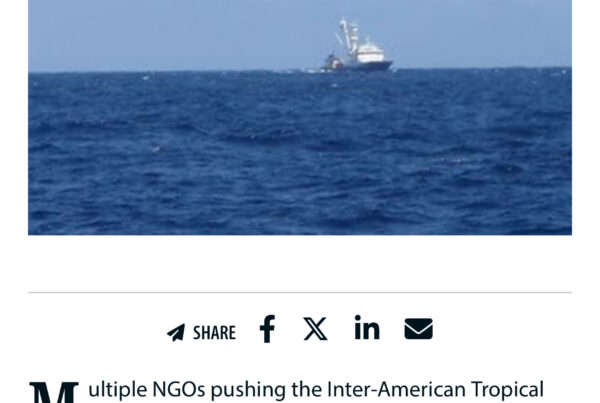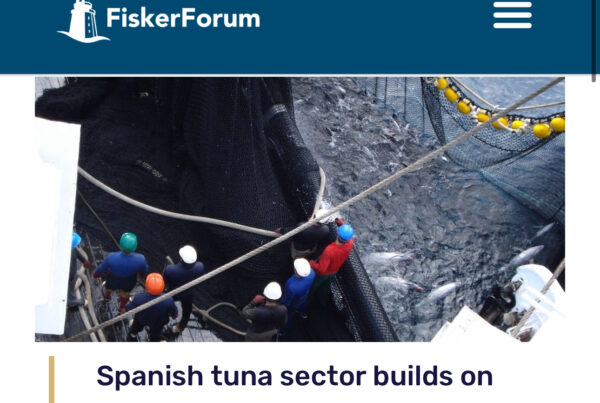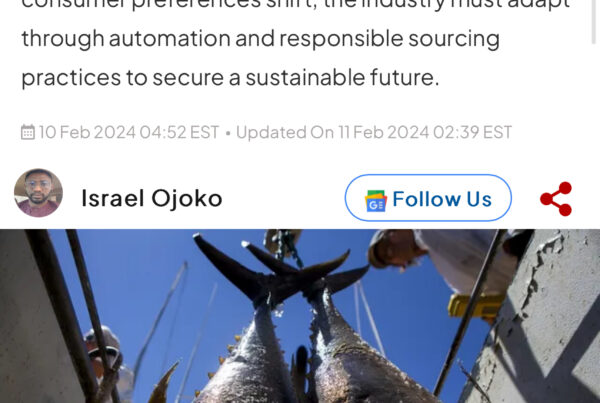A growing network of commercial fishing boats and private companies are using sensors attached to fishing gear to cheaply collect crucial ocean data like temperature and salinity, used in fisheries science, climate models, and more. Traditionally gathered at great expense by research vessels, moorings, and gliders, data gathered by fishing boats offers ocean observers a cost-effective way to increase their coverage.
“Word has spread in the scientific community that we’re offering affordable fieldwork,” said Jim Moore, board member of the Alaska Trollers Association (ATA). “Here our interests converge: the better the science, knowledge based on reality, the healthier the relationship between fisheries and managers.”
Moore is working to outfit 10 ATA boats with marine observation equipment as part of a grant-funded pilot program, one of many such collaborations between ocean observers and fishermen around the country. Ocean Data Network (ODN) a Maine-based data collection company recently named as a winner in the World Economic Forum’s Ocean Data Challenge, will be the back-end data management team, exemplifying the aligned interests of fishing and science.
“It’s not only that it’s more cost effective,” said Cooper Van Vranken, founder of ODN, “but it’s also that the fishing is getting data in the oceanographically most interesting areas and in the areas where it matters most for fisheries and for all kinds of other users. The future of ocean observation is a symphony of different observing platforms and fishing vessels are going to be a very important piece of all that.”
“What are the benefits to our fleet from our developing and participating in this project?” Moore said. “A good troller is a natural scientist…and when we get it right, we are rewarded by a nice catch at the end of the day. That’s applied science.”



